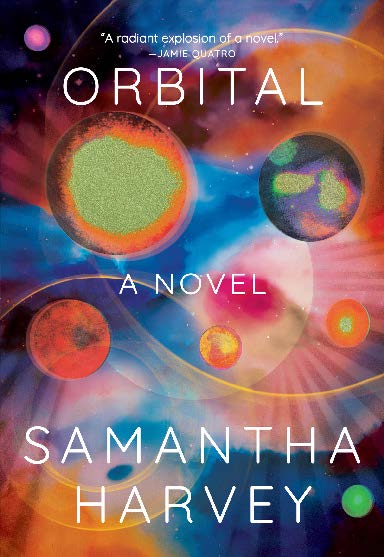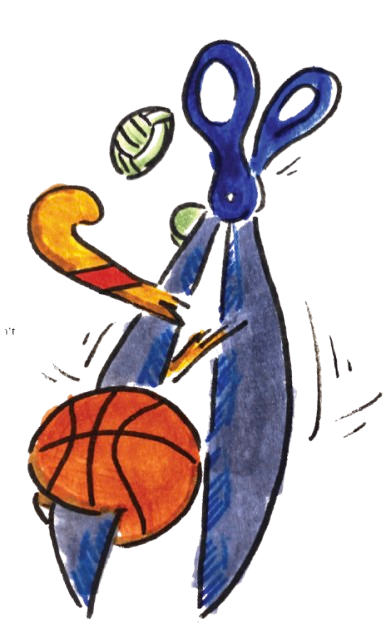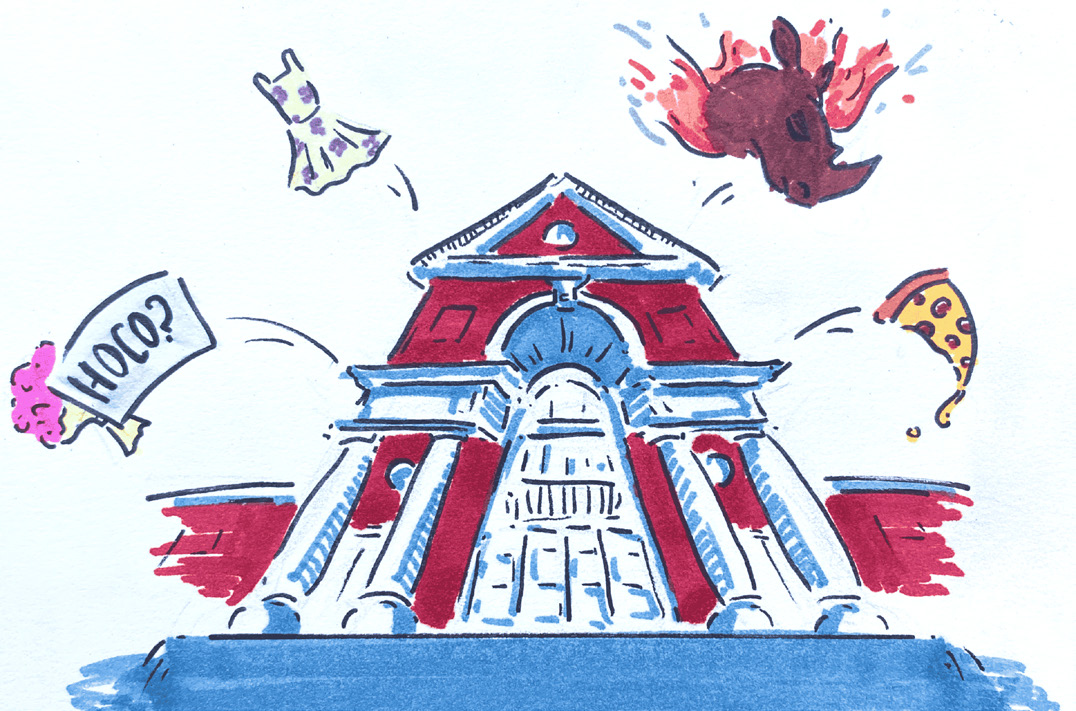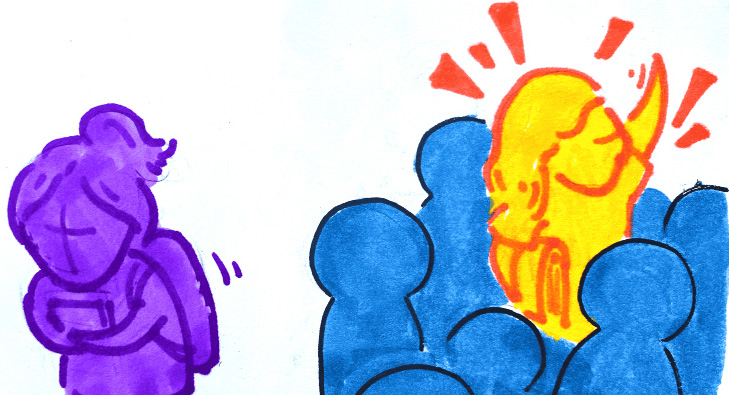ANNABELLE CHU ’28
Orbital is not a book you will enjoy if you speed-read it the night before your English class. It is not a book that contains adventures, aliens, or astronaut romance. It is not a book that will make you giggle, curse, or weep. It’s a book that repeatedly describes space with characters who—let’s be honest— don’t have super-interesting lives.
With minds conditioned by a fast- paced world to chase excitement and adrenaline, it’s no surprise many people find the book dull. But while its slow pace is a turn-off for some, this quality is exactly why I think Orbital is a good book.
Don’t be surprised when you’re halfway through Orbital and wonder why you feel so little for the characters; it is not intended to be a character- centric novel. That’s the problem with how we read nowadays: we evaluate a book based on how rousing the storyline is. But if Orbital was about how six astronauts tried to save the world, its purpose would be ruined. It is intentionally slow and plotless to encourage us to ruminate, reflect, and admire the beauty that is all around us.
Orbital shows us how insignificant we are in this infinite universe, but— by dedicating chapter after chapter to these ordinary cosmonauts—it also shows us how intricate and complex every life is. It shows us that nature is destructive, but also beautiful in its color and grace. It shows us how anguishing this world is, but highlights humanity’s resilience and optimism as well.
The novel details the beauty of space, Earth, and human life. In a passage describing Voyager, a NASA probe, author Samantha Harvey writes, “There’ll be Chuck Berry and Bach, there’ll be Stravinsky and Blind Willie Johnson… whale song will drift through the constellation of Ursa Minor… a sheep bleat, laughter, footsteps, and the soft pluck of a kiss…the trundle of a tractor and the voice of a child.” In day- to-day living, it’s so easy to lose track of what makes life worth living. Orbital reminds us to live consciously and gratefully, with love for the world and for humanity.
Outside of our little lives, there’s a lonely universe filled with darkness—a world far bigger than we can comprehend. Within it is a planet flooding with beauty. And on it there is us: people fortunate enough to experience a “cold stiff wind, blustery rain, autumn leaves, reddened fingers, muddy legs, a curious dog…a shaft of sun.”
RAQUEL SALINAS ’29
The all-school read, Orbital, gives a window into the nine-month journey of six cosmonauts on the International Space Station. The book only covers what happens in 16 orbits, or 24 hours on Earth. Most books do not spend 207 pages on a mere 24-hour span, and now we know why.
Orbital does not develop a plot or deliver vivid action. There are no escalating stakes, no conflict, and no resolution—the expected elements of a novel.
Like the International Space Station, the book circles mindlessly, with no narrative to propel it. The one fragment of storyline is of a typhoon occurring down on Earth; however, it is largely interrupted by descriptions of unnecessary events.
Mostly the text is just very repetitive. Harvey details the view from the spacecraft, but these descriptions come too often, boring the reader. For instance, the entirety of Orbit 15 consists of listing the locations passed. It reads more like a catalog. Harvey names country after country in monotonous sequence, without any accompanying commentary of interest.
Some flashbacks offer glimpses into the cosmonauts’ lives. These are arguably the most entertaining parts of the book, but instead of convening to build a plot, they remain isolated.
Essentially, Orbital lacks forward motion. The chapters blur together and are hard to distinguish. In each we encounter the same: a poetic reflection on Earth, paired with some awe and horror in viewing the mass destruction of human- induced phenomena weakening Earth’s systems.
It is equally exhausting and frustrating to read. The author’s intention may have been to display beauty, but by the 200th page, this slows to dull static. Time may be passing, but nothing is changing.
Ultimately, Orbital is too repetitive, and comes off more as non-fiction than a novel. It offers reflection over momentum, leaving us nothing to hold on to.






